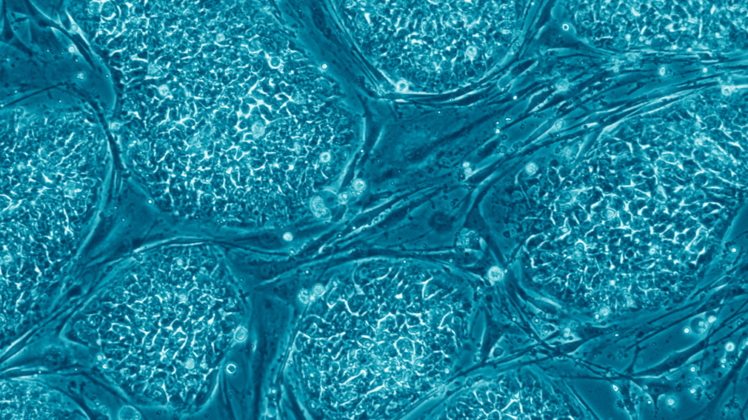Scientists have high hopes for cells that are programmed to unwind into an embryonic state – allowing them to develop into any kind of cell in the body – but two recent studies show that work remains before the cells can be used in laboratory studies or clinical therapies, the Los Angeles Times reported.Induced pluripotent stem cells (iPS cells) have been lauded as a way to unlock the potential of embryonic cells without having to deal with the ethical concerns of working with actual embryonic cells. Scientists also believe that because the cells can be taken from a patient’s own body, they won’t pose the risk of rejection that embryonic cells would.
However, recent studies have demonstrated that iPS cells do not reprogram perfectly. Researchers at the Salk Institute showed that iPS cells hold onto a “memory” of their past identity. They observed changes in DNA that regulate how genes dial on and off.
The processes through which iPS cells are reprogrammed can also cause abnormalities in the DNA itself, which can alter the cells’ basic genetic blueprint and affect their future usefulness.
Researcher Kun Zhang of the University of San Diego, a coauthor on the other paper, said the abnormalities were “permanent genome scars.”
Researchers recommended that iPS cells undergo careful genetic screening before use by lab scientists or doctors.
Click here to read more from the LA Times.

